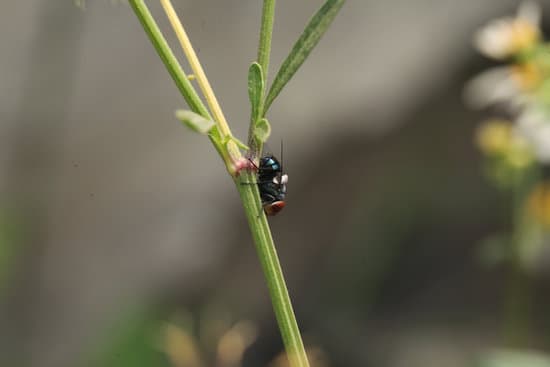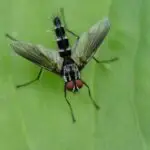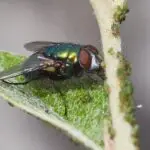How Did Flies Come to Be?
The origin of flies is a mystery, but they are common in almost all climates and environments. These insects evolved on central Asian steppes and have spread throughout the world. Most of these insects are associated with animal feces and have adapted to feeding on human garbage. This adaptation allows them to be found almost anywhere humans live.
Many flies are beneficial to humans. Some feed on nectar while others are predators that feed on plants. Some lay eggs in leaves and stems and produce chemicals that convert the plant into a gall. These galls protect the larvae from predators and provide additional nutrients for the flies. In addition, some flies are important pollinators and are helpful in cleaning up dead animals and dung.
Many diseases have been linked to flies, including diarrhea and shigellosis. These insects also transmit parasitic worms and can cause food poisoning. There are at least six Nobel Prizes awarded for research on flies. Although they are small, they can easily take over a kitchen and swarm any fresh fruit.
While these insects are not the cleanest creatures, they are still important to the health of humans. A single fly can carry up to 65 diseases. If you have a family with a sensitive immune system, taking steps to prevent flies from entering the home will help prevent their spread.








